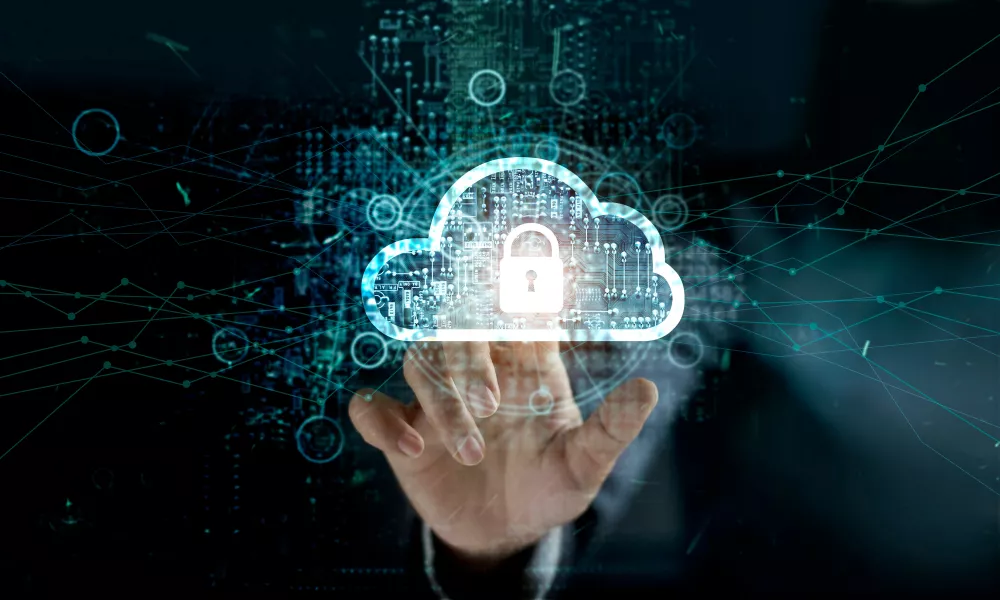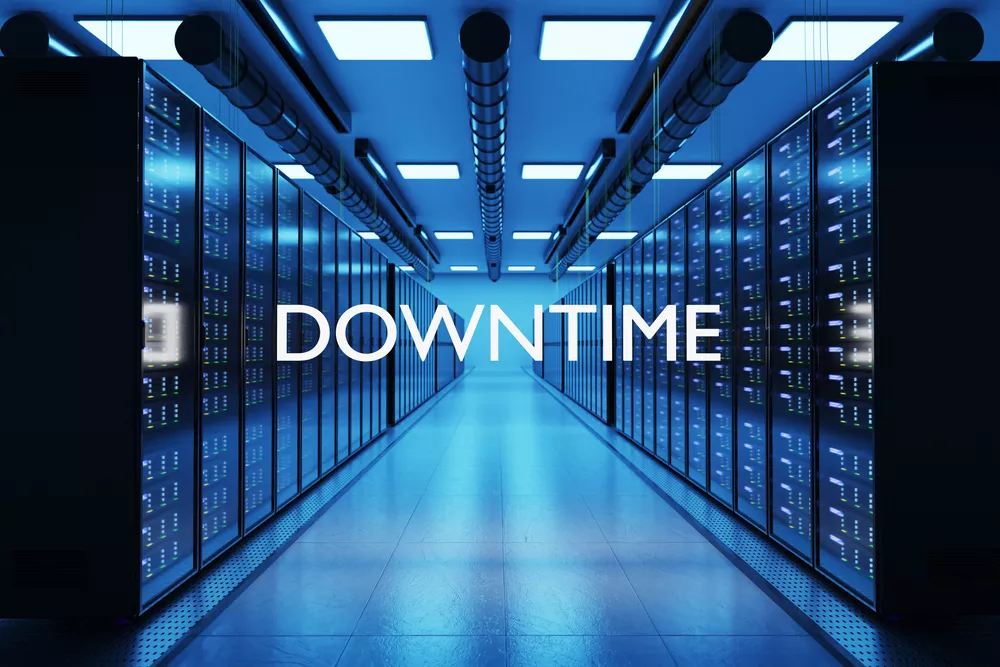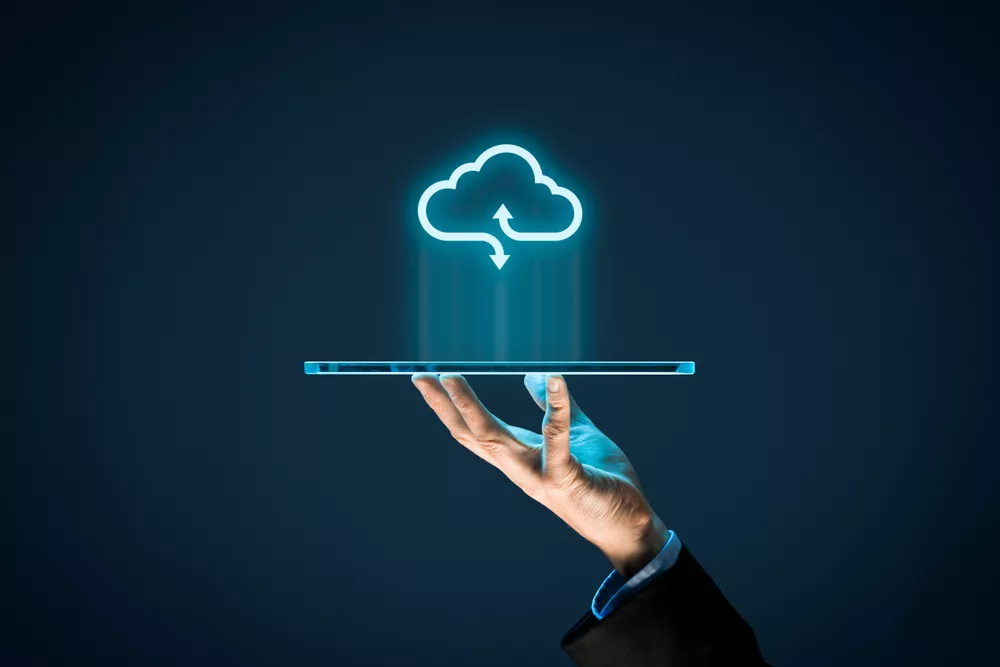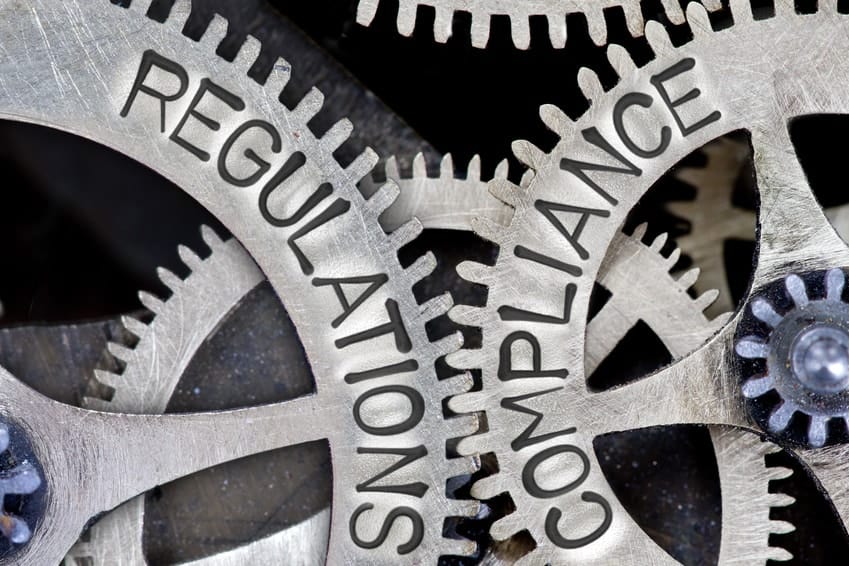Moving your IT infrastructure and services to the cloud can have major benefits for your business. As with any online system or device, however, it is essential to have security measures in place.
This article will outline some of the benefits for your organisation of moving your IT infrastructure to the cloud. We’ll discuss security implications, including what can go wrong and what steps and precautions your IT support team should be taking to protect your business.
Benefits of cloud computing
Cloud technology has the potential to save your business money:
Reduced equipment costs:
When your IT infrastructure has moved to the cloud, you will have little equipment left on your premises. Generally, your office hardware will consist of workstations (monitors, mouse, keyboard), online connectivity (modems and some cables) and peripherals such as printers and communications devices such as microphones for meetings. Your servers, storage devices and network will all be offsite.
Maintenance and updates
Clearly, your company’s maintenance costs will be greatly reduced with little equipment left on site. You will need to maintain the software on employee laptops and desktops and replace workstations, peripheral equipment and printers as required. The maintenance of the bulk of your IT system is now the responsibility of your IT support or managed services provider.
Scalability
As your organisation grows, your cloud IT systems will grow alongside you. If you need to conduct some major IT tasks or projects requiring a temporary ramping up of processing power or storage requirements your cloud service provider will make this happen.
Streamlined pricing
Depending on the contract with your cloud provider, you will probably have a single monthly payment. This covers IT hosting and data storage, plus all those things you don’t need to worry about anymore, such as hardware and software maintenance and upgrades.
A professional cloud systems provider will secure your systems, data and software, will ensure your systems are backed up and will have a proven and tested disaster recovery plan.
Why does cloud security matter?

Cloud security is as important as the security of your in-house IT systems. Your data, including employee and customer details, your software and communications systems and your online presence for both staff and customers are all at risk without rigorous, robust security measures.
Reports have suggested some businesses never recover after they suffer extended IT downtime. Downtime means you have no IT systems or services. Your Employees are non-productive and your customers are unable to access your website and may decide to go to a competitor.
The causes and impacts of IT downtime can be unexpected. A system outage will impact your profits and can damage the reputation of your business.
An example
An article from the New York Times, in June 2021, reports how an internet service provider in the US suffered ‘service disruptions’ for undisclosed reasons. This affected the airline Virgin Australia as well as several banks, including Westpac, ANZ and Commonwealth.
The outage hit mobile banking services across Australia. There were reports of bank customers at supermarket checkouts with no way to pay and others at fuel stations who had filled up their tanks and were also unable to pay. I wonder how many of those people wished, at that moment, they banked with NAB or HSBC?
What are the most common causes of IT downtime:

Many organisations suggest IT downtime is caused by user error. They generally refer to instances where a technical resource has incorrectly installed or configured a change to the system or has accidentally corrupted or deleted data.
Statistics show common causes of IT outages include:
Cybersecurity threats
Cybersecurity threats include human error but more commonly refer to malicious players or hackers. The effects of such attacks can range from a system slowdown or outage to corrupted or even stolen data. The publicised loss of valuable key data, particularly employee or customer data can be devastating for a business.
There are a number of measures available to combat cybersecurity, including the use of monitoring software and user training.
Power or internet outages
Less preventable outages can be caused by the inane (your office cleaner pulling out the power to a server to plug in a vacuum cleaner) to the obvious (a local power cut).
While there is little your business can do to avoid these risks, a disaster recovery strategy will speed recovery and get your business up and running again quickly.
Hardware failure
Network or server hardware, such as routers and switches, firewalls and networks can fail causing your whole system to crash. This type of failure is often caused by hardware needing to be repaired or replaced. This risk can be mitigated by the duplication of hardware. The duplicate device is designed to step in if there is a failure.
How can you make your company’s IT cloud infrastructure more secure?

The absolute best way to keep your IT systems secure? Work with a professional, proven IT service or managed service provider. They are experts at what they do, leaving you free to get on with running your business with the peace of mind of knowing your IT systems are in the best hands.
You should expect your IT security team to conduct an initial audit to identify gaps or weaknesses in your security regime. They should understand your business needs and processes and develop a tailored security strategy for your business.
Some of the security measures you should see in place include:
Access Controls
Access control ensures only specified users have access to certain systems, software and data. Approved users are provided with UserIDs.
Stronger passwords
Stronger passwords are made the company standard. These are longer, contain a variety of characters and are harder to guess. Lists of passwords taped to a cubicle wall are forbidden!
Finally, multi-factor authentication provides another layer of security, often requiring two separate devices to log on to a system.
Anti-virus software
Antivirus software is mandated across the system including on all workstations used by employees. This must be kept up to date and provides a good defence against known threats.
Workstations and software.
Employee workstations are constant inputs to and outputs from your system. Applying the mandatory use of firewalls on each device will help block unauthorised access to your system. Most of the software you use, from companies such as Microsoft, Google and Apple issue regular updates including security patches. These should be applied automatically unless you have a regression-testing team assuring the system before the updates are applied.
Firewall usage
A firewall looks at web traffic or data and assesses it as a security threat before deciding if it should be forwarded to its intended destination and the firewall can block access to unauthorised users.
A firewall can be used to block employee access to sites considered unreliable or otherwise undesirable.
Mobile devices.
It’s highly likely, even expected your employees will access your IT system using their own tablets or ‘phone. When your staff have already read their emails on the train travelling to work it can be a boost to productivity.
Employees should be encouraged to have a lock on their devices. These can use a passcode, fingerprint or face recognition as access and may prevent unauthorised access to company systems and data if the ‘phone is lost or stolen.
Training
Your employees will be trained to recognise risks, such as phishing emails, which attempt to gain unauthorised access to your system or to cause damage. They will be trained in the correct response to minimise the risks to your IT security.
System backups
It is vital all key data is backed up. Real-time mirroring ensures a duplicate set of data is always available. Key in-house developed software must be duplicated too, to ensure your system can be quickly restarted in the event of a system outage.
Disaster Recovery Strategy

This is a plan to ensure business continuity and goes in tandem with the backups, above. The Disaster recovery plan comes into operation if there is a system outage for any reason or if it is suspected your security may have been compromised.
Your systems will be restarted and software and data reloaded from backup storage. This will get your system back up and running as soon as possible, with a minimum of downtime for your employees and customers.
Starboard IT – security for your systems and peace of mind for you.
At Starboard IT, we will design and implement a comprehensive security solution for your IT systems. Having our team of security experts working for you will ensure you have peace of mind knowing your data is safe with us.
Your business will be protected from the latest threats on the web such as malware, ransomware and hacking attempts. Our team monitors your systems twenty-four hours a day to ensure potential security breaches are identified before they become compromised. By taking proactive measures against cyber-attacks, we reduce the risk of costly downtime or loss of revenue due to system failures.
When you work with Starboard IT, you’ll have peace of mind.


